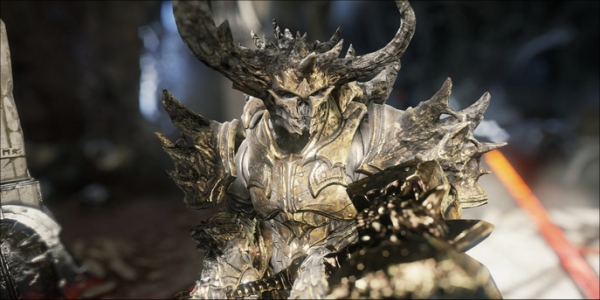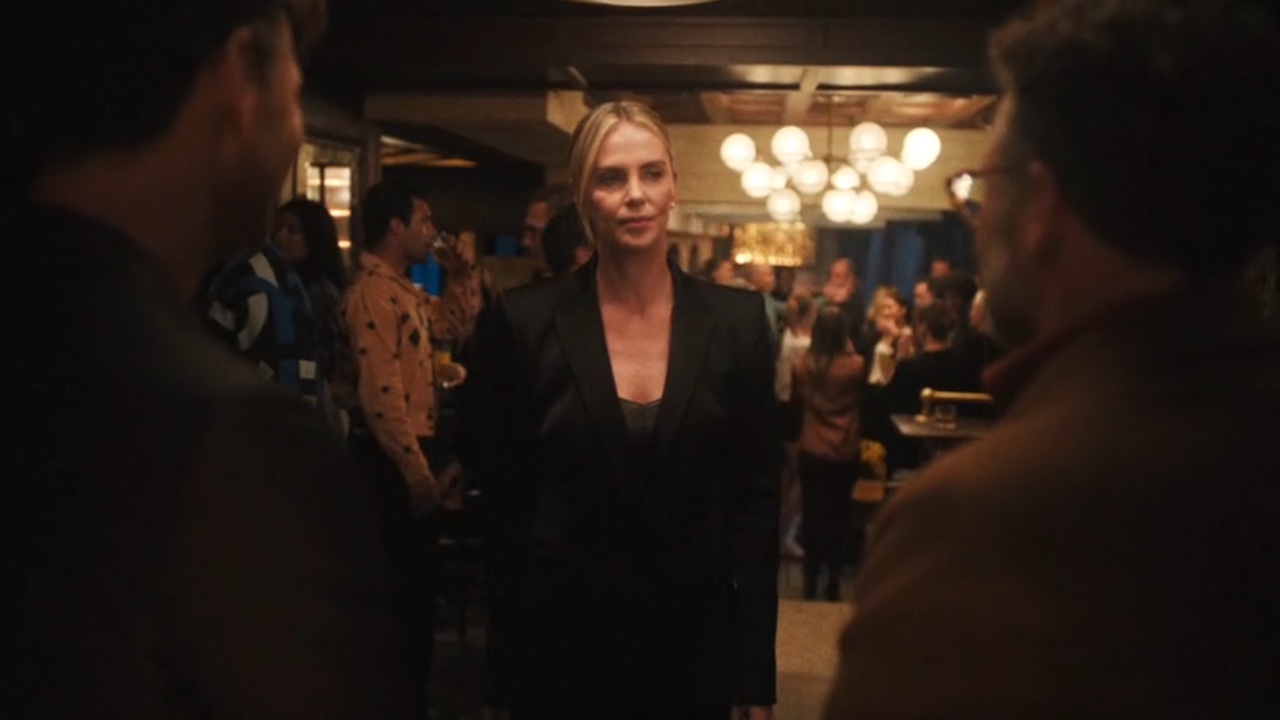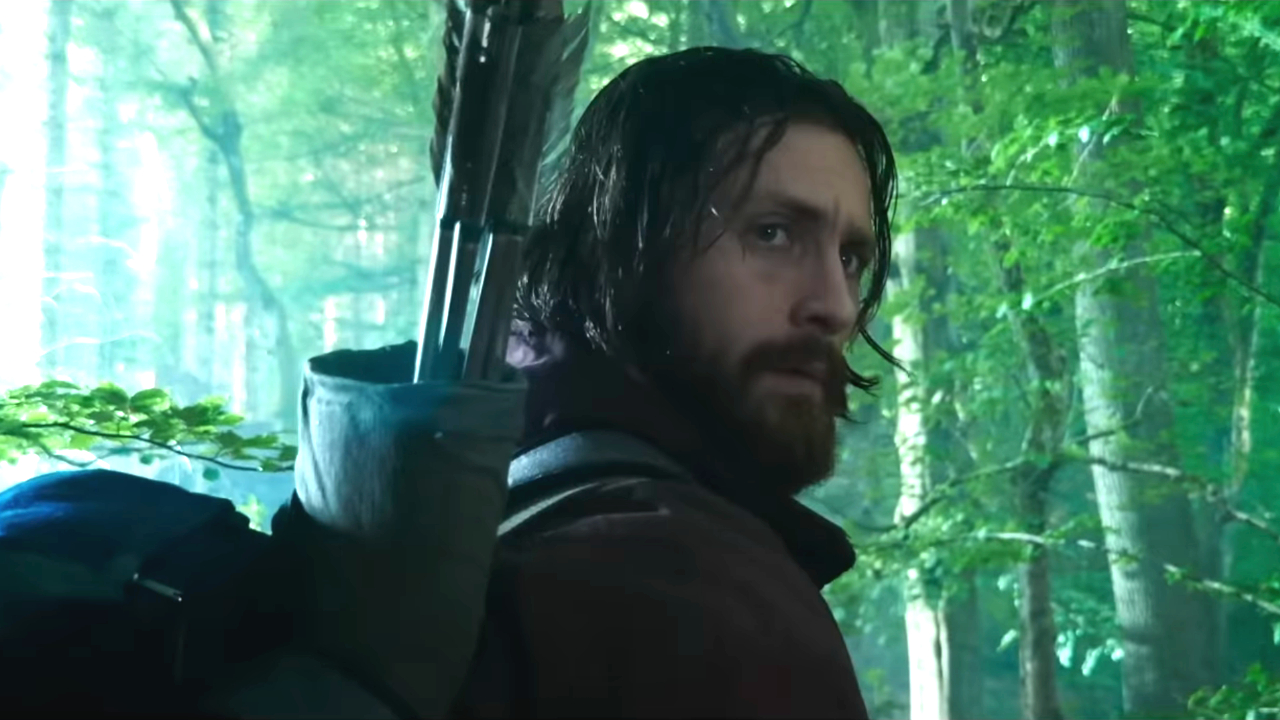Rodeo Games Licenses Unreal Engine 4 For Games Workshop Title

The Unreal Engine 4 is the new generation of Unreal Engine technology. It sports new ways to implement lighting, new ways to utilize shaders, new ways to manipulate multi-layered materials, new ways to easily and conveniently elevate the quality of textures and new ways to help bring games to life like never before. All of that is to say that Rodeo Games is one of the early first adopters to get their hands on this powerful piece of technology, licensing it for an upcoming game of an unknown nature.
GamesIndustry.biz is reporting that Rodeo Games has grabbed up a license for the Unreal Engine 4. While the game that Rodeo is working on is under close wraps, the studio did make it known that they were working on a franchise near and dear to the heart of Games Workshop. Given that Rodeo has a history with working on Warhammer 40K, one might assume that their upcoming title will be centered around that property once more.
The only details about the game is that it will be turn-based and offer gamers a robust experience based on a property from Games Workshop. I'm definitely thinking it's another Warhammer 40K game.
Epic's Mike Gamble, European territory manager commented about the news, saying...
"Rodeo Games is already a very impressive player within the dynamic mobile sector," … “We're working closely with them to help them achieve their objectives in the months ahead. As Rodeo will demonstrate, UE4 has so much to offer indie developers, and we look forward to helping many more teams compete in the marketplace."
The only downside is that the Unreal Engine 4 is no longer tuned around Global Illumination, even though that was the big, striking appeal of the engine when it originally debuted two years ago with the Demon Knight tech demo.
For those who don't know, Global Illumination is a technique handled by the engine that globally illuminates the game world with native, real-time lighting without requiring pre-rendering. In other words, you would pay a lighting artist to set up the conditions of the lighting passes under the global light source and from there the lighting would be dynamic for the entire game world. Day and night cycles are automatically calculated based on real-time passes being calculated from within the engine itself. You would no longer have to pay a lighting artist to light a room, or building or scenario. All of it would be handled by the Global Illumination.
Unfortunately, the GI process is a taxing feature that proved too much for the PS4 and Xbox One, as evidenced in the graphics comparison breakdown where it became obvious that the PS4 just couldn't handle the feature, even though its GPU is 50% more powerful than the Xbox One.
CINEMABLEND NEWSLETTER
Your Daily Blend of Entertainment News
Even though Rodeo won't be making use of one of the more advanced features of the Unreal Engine 4's capabilities, they will still have a bevy of other new generation utilities and features at their disposal.
You can learn more about the company by paying a visit to their official website.
Staff Writer at CinemaBlend.










